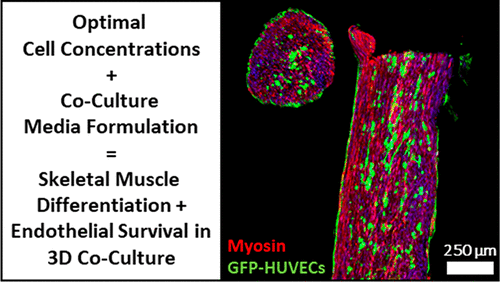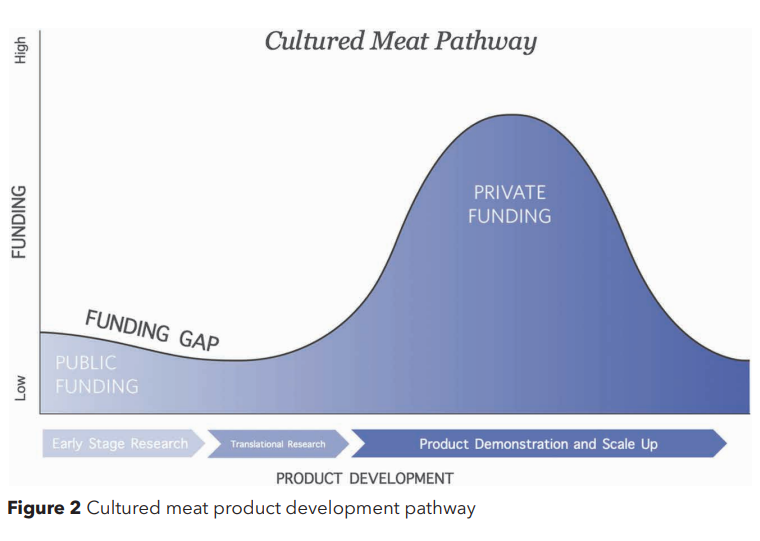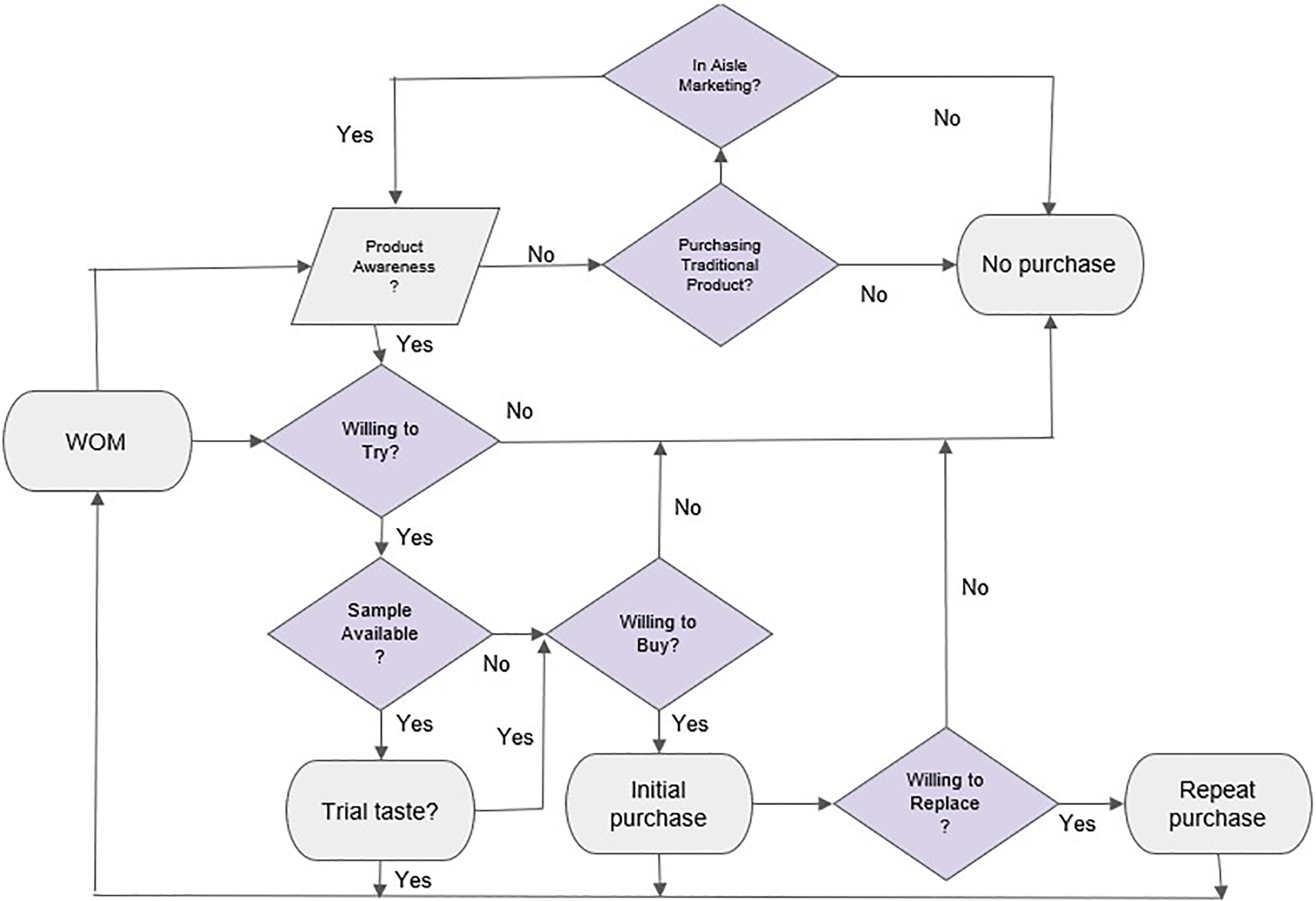- Overview
- Summary
- Funding
- Cite This Publication
Overview
Who: Andrew J. Stout, David L. Kaplan, and Joshua E. Flack
Published: November 10, 2022
Where: Trends in Cell Biology
Key Takeaway: The development of cultured meat requires effective, open approaches for knowledge sharing to establish a fertile scientific field alongside a competitive industry.
Research Topics:
Summary
Andrew Stout et al. illustrate and discuss the five main stages of cultured meat production: 1) cell sourcing, 2) cell banking, 3) proliferation, 4) differentiation, and 5) product assembly. Current challenges and obstacles including the establishment of cell lines that allow for robust proliferation and differentiation, the development of low-cost, animal component-free media, the development of upscaled bioreactors, and the evaluation of quality and safety are discussed. Andrew Stout et al. suggest that although proof-of-principle products are emerging, the field of cultured meat lacks a solid foundation of shared scientific knowledge in the public domain, threatening to delay the impacts of the technology. The authors call for researchers, regulators, policymakers, and other stakeholders to recognize the value of interinstitutional coordination and to develop frameworks and knowledge infrastructure to ensure the long-term, sustainable progression of the field. Possibilities including industry-academia partnerships such as industry-hosted PhD programs focused on pre-competitive research or well-defined sponsored research agreements are discussed.
Written by Nina Strasky
Cite This Publication
Stout, A. J., Kaplan, D. L., & Flack, J. E. (2022). Cultured meat: Creative solutions for a cell biological problem. Trends in Cell Biology. https://doi.org/10.1016/j.tcb.2022.10.002
You Might Also Like...

Optimization of Culture Media and Cell Ratios for 3D In Vitro Skeletal Muscle Tissues with Endothelial Cells
John SK Yuen Jr., Brigid M Barrick, Hailey DiCindio, Jaymie A Pietropinto, and David L Kaplan







